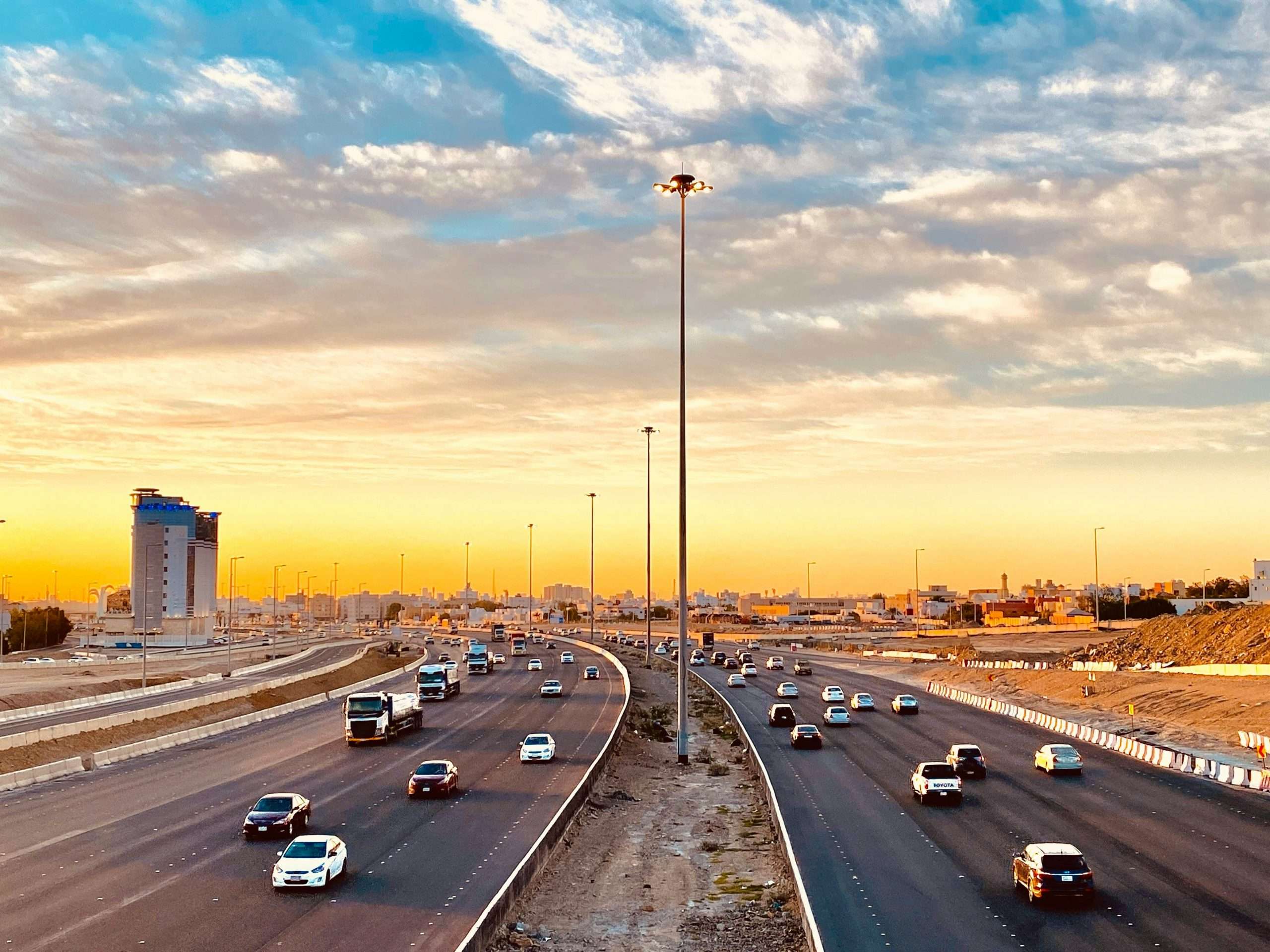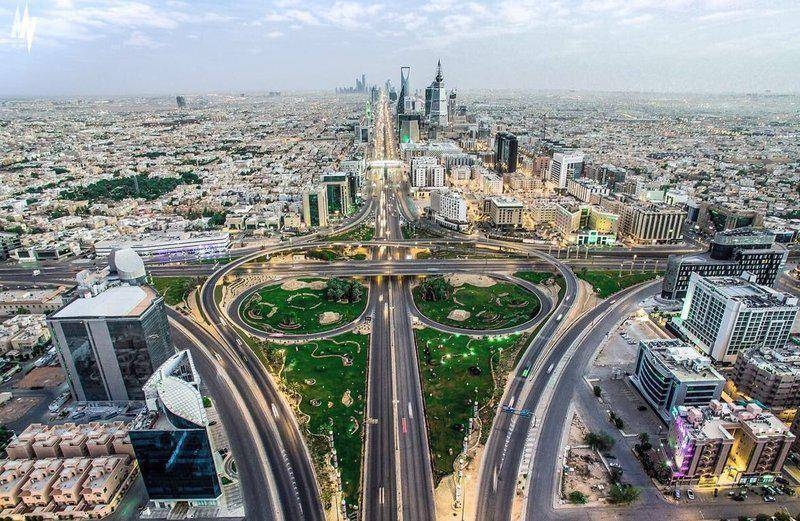Saudi Arabia is undergoing a transformative journey in its infrastructure landscape, aligning its development goals with Vision 2030. A key pillar in this modernization effort is the Saudi Highway Code (SHC), which offers a unified, systematic framework to ensure the sustainability, efficiency, and safety of the nation’s highway networks. Among its volumes, SHC 101 - General serves as the foundation, setting forth guidelines and standards that drive the planning, construction, operation, and maintenance of road networks across the Kingdom. This blog delves into how SHC 101 significantly contributes to sustainable road development.

For decades, Saudi Arabia’s highway network has been a vital component of its transportation system. However, the lack of unified national standards led to fragmented practices, inconsistencies in safety measures, and varying levels of quality across the network. Multiple entities—such as the Ministry of Transport and Logistics Services (MoTLS) and municipal authorities—managed highways with disparate regulations, which posed challenges to efficiency and user safety.
Recognizing this, SHC 101 was developed to address these shortcomings by offering a comprehensive, cohesive framework tailored to local conditions while adopting global best practices, including those by the American Association of State Highway and Transportation Officials (AASHTO). SHC 101 focuses on harmonizing procedures, improving safety, and incorporating sustainability as a core value.
SHC 101 establishes standards for all phases of highway projects, from planning and design to construction, operation, and maintenance. This lifecycle approach ensures that road networks are built and maintained for long-term resilience and sustainability, minimizing environmental and financial costs.
The code integrates advanced methodologies such as performance-based design and Geographic Information Systems (GIS) to optimize resource use, ensure efficient project execution, and reduce wastage.
A cornerstone of SHC 101 is its commitment to environmental sustainability. It includes provisions to minimize the ecological footprint of highways by:
The code aligns with SHC 701, which addresses the environmental aspects of highways, ensuring that road infrastructure development contributes to environmental preservation and resource conservation.
SHC 101 promotes the integration of modern technologies, such as Intelligent Transportation Systems (ITS), to enhance safety and efficiency. These systems:
The code also supports the future-readiness of Saudi roads by outlining requirements for autonomous vehicles under SHC 801.
By providing standardized design guidelines for various road types—urban streets, rural highways, and industrial roads—SHC 101 ensures balanced development across the Kingdom. This connectivity fosters economic growth while safeguarding natural landscapes, thus achieving a balance between development and sustainability.

SHC 101 emphasizes a participatory approach to road infrastructure development. It mandates the involvement of:
This collaborative process ensures transparency and accountability while fostering innovation and sustainability in road projects.
The Saudi Highway Code, particularly SHC 101, is a critical enabler of Vision 2030, which aims to position Saudi Arabia as a global logistics hub at the crossroads of three continents. By focusing on safety, sustainability, and efficiency, SHC 101 supports the development of a road network that:
SHC 101 is more than just a set of guidelines; it is a roadmap for transforming Saudi Arabia’s highway network into a sustainable, efficient, and future-ready system. By addressing past challenges and integrating modern practices, it lays the foundation for a resilient infrastructure that aligns with the Kingdom’s ambitious goals. As Saudi Arabia continues its journey towards Vision 2030, SHC 101 will remain a cornerstone of sustainable road development, ensuring that the Kingdom’s transportation network is safe, reliable, and environmentally conscious.
RoadVision AI is at the forefront of addressing such challenges using cutting-edge technology. By employing ai in roads, the company enables the optimization of road designs, improving road safety and infrastructure resilience. From predictive analytics for crash risk to enhancing traffic management systems, Roads AI bridges the gap between innovative technology and practical applications, making roads safer and smarter.